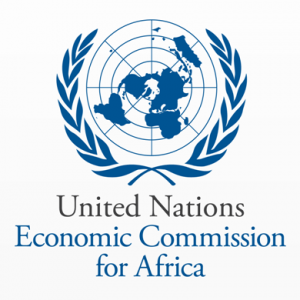ECA holds meeting to validate Burkina Faso AfCFTA strategy
 The United Nations Economic Commission for Africa (ECA), in collaboration with the Government of Burkina Faso is holding a workshop to validate the National Strategy for the Implementation of the African Continental Free Trade Area (AfCFTA) for the country.
The United Nations Economic Commission for Africa (ECA), in collaboration with the Government of Burkina Faso is holding a workshop to validate the National Strategy for the Implementation of the African Continental Free Trade Area (AfCFTA) for the country.
The meeting will serve as a presentation framework for discussion and validation of the National Strategy for the Implementation Agreement following the launch of African countries’ first operational phase of the AfCFTA in July 2019.
According to the Director of the ECA Sub-Regional office for West Africa, Ngone Diop, with an integrated market of 1.2 billion people and a combined Gross Domestic Product (GDP) estimated at $2.5 billion, the AfCFTA offers African countries an unprecedented opportunity for their economic take-off and to accelerate their structural transformation.
“The geopolitics of the economic and health response to the COVID-19 pandemic reminds us of the imperative of the industrialization of Africa, which is one of the main aims of the AfCFTA. The development of the continent will be achieved through the AfCFTA,” Diop said.
The workshop which is hold in Ouagadougou from March 15 to 16 will present the main results of the diagnostic analysis and the strategic framework and the draft priority action programme associated with the strategic framework.
It will also produce a summary of the main comments and recommendations of the workshop to be validated by the participants; validate the draft strategy document subject to taking into account the comments and recommendations of the workshop.
A roadmap on the main steps will be discussed with the Members of the AfCFTA Negotiating Committee.
This national workshop to validate the provisional document of the National Strategy of the AfCFTA in Burkina Faso is one of the key actions of the project to deepen Africa’s trade integration through effective implementation of the AfCFTA to support economic integration.
The workshop will see the participation of member structures of the AfCFTA Negotiating Committee, the public structures directly concerned, professional and umbrella organisations, Parliament, the press, technical and financial partners, individual stakeholders in the sector, the private sector and experts from the ECA and the AUC.
Since 2019, with a total budget of €8 million, the ECA has led the implementation of the first phase of this project funded by the European Union for one year and continues to implement, with its partners, the second phase, which started in January 2020 and will end in December 2022.
By Theodora Aidoo
